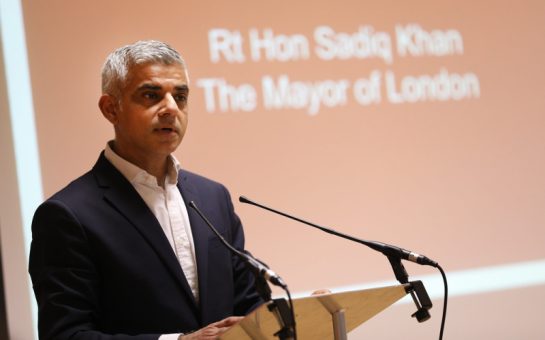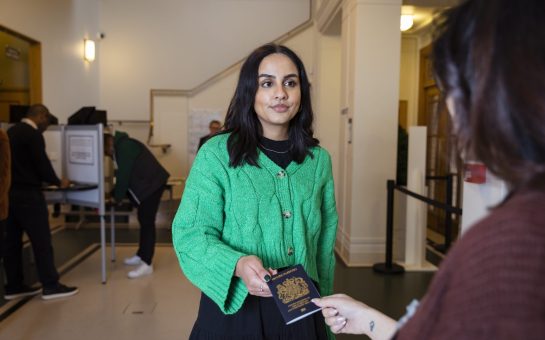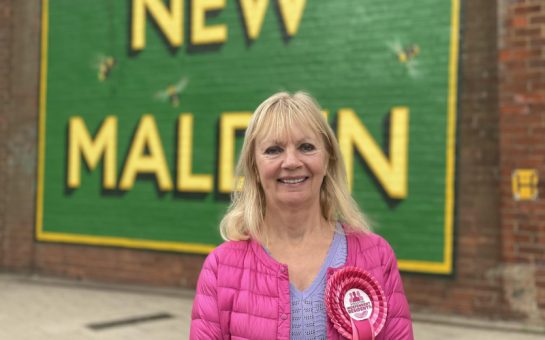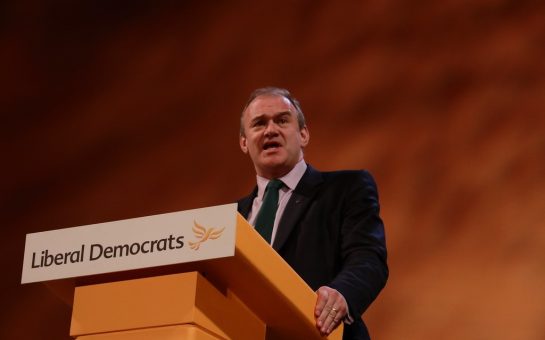It may have been the council elections, but it was never about potholes or littering in Hammersmith and Fulham.
In a borough where 27,000 residents were born in EU member countries, and 70% wanted to remain in the EU, voters seized the chance to show the Conservatives exactly what they thought of their Brexit-handling.
Nine seats changed hands – all of them from blue to red, rewarding the Hammersmith and Fulham Labour Party’s huge efforts to market itself during the campaign as the party of staunch Remainers.
In doing so, of course, they manoeuvred the Liberal Democrats into an inescapable corner – where, unable to find a new niche, they finished the night without a single seat.
Unsurprisingly, UKIP managed only 183 votes between all three of its candidates, none of whom stuck around to hear their fates.
Patricia Quigley was part of the new cohort of Labour Councillors, having triumphed in the Hammersmith Broadway ward.
She said: “I joined the Labour Party because of Brexit.
“Our local Polish centre was attacked a couple of weeks after the referendum, and I was incensed and I knew I had to do something.”
“My parents are Irish and it could so easily have been the Irish centre that was attacked.”
Like the majority of her new colleagues, Ms Quigley favours a second referendum.
Her strong sentiment was echoed by the leader of the council Stephan Cowan (pictured) in his victory speech.
He said: “Nobody voted to make us poorer, nobody voted to put our NHS at risk and nobody voted to put the Northern Ireland peace agreement at risk.
“This was once again the people of Hammersmith and Fulham standing proud and saying stop this Brexit madness.”
Of course, councils are autonomous bodies and not subject to the whip, but there is clearly an enormous gulf between the local Labour movement here and Jeremy Corbyn, who has accepted and pledged to implement the 2016 result.
It is likely that similar stories of a mismatch between local and national parties will unfold across the country. Hammersmith and Fulham may be emblematic of the challenges facing not only Jeremy Corbyn, but Theresa May too: how to end the tug of war with Europhiles on one end and Eurosceptics on the other, before the parties in the middle splinter and break.




